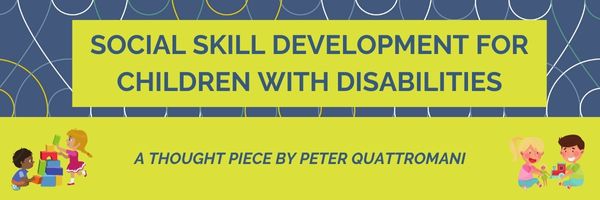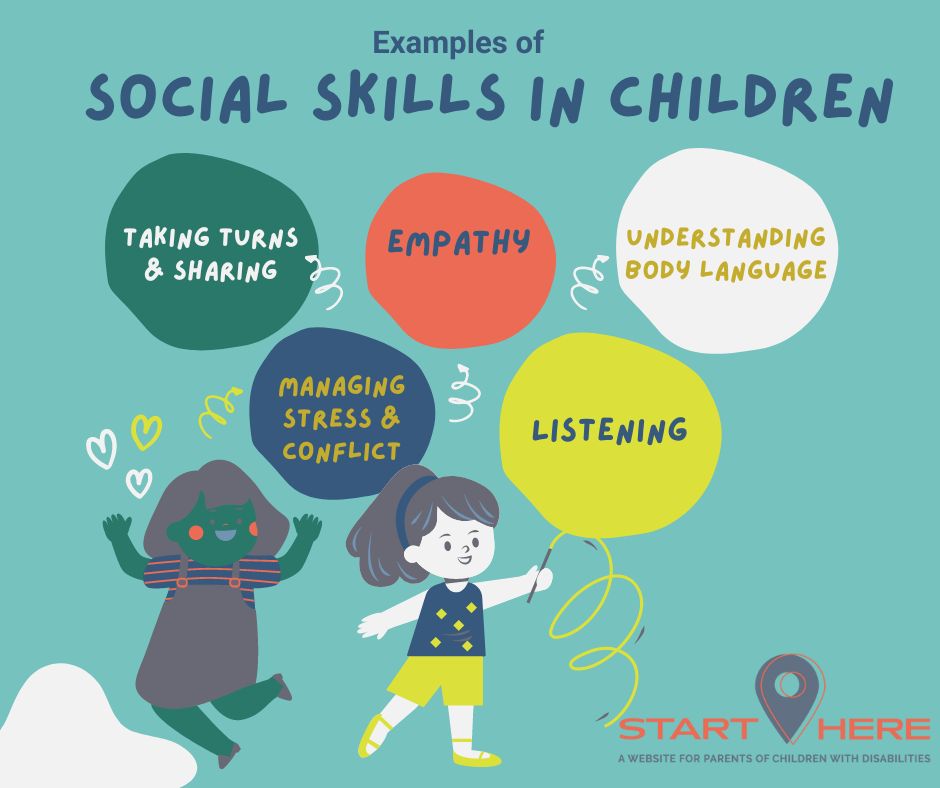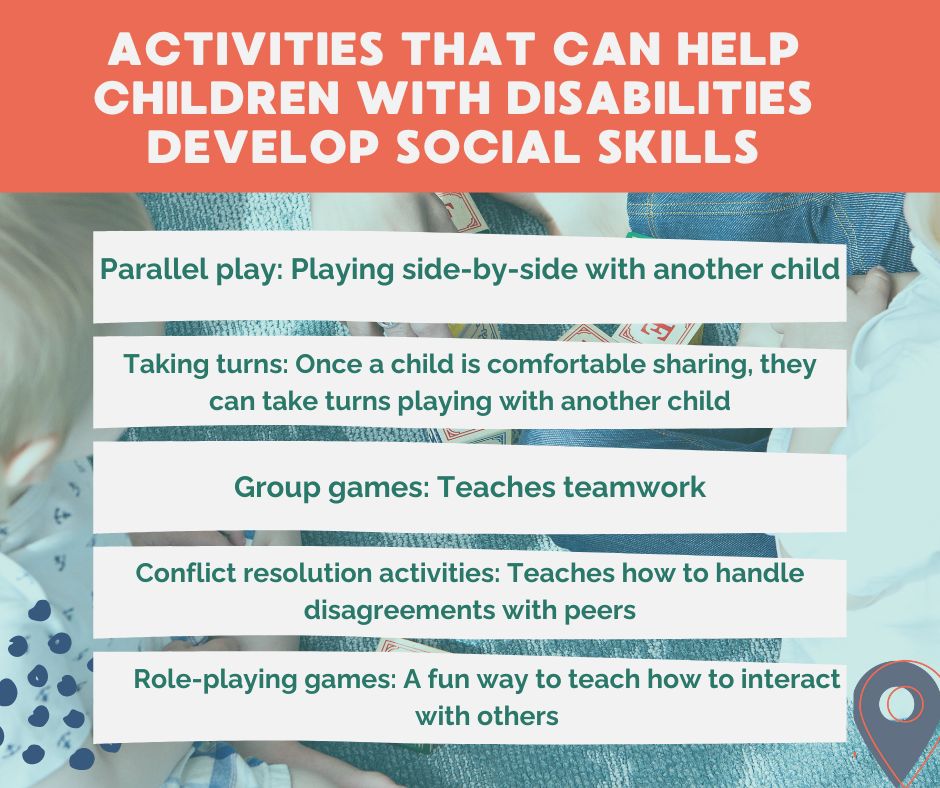
While all states have programs in place to support children with I/DD, the scope and intensity of those supports may differ greatly depending on where you live. Rhode Island, for example, offers a fairly robust array of supports, from Early Intervention (ages 1-3) and Home Based Therapeutic Services (HBTS) for those 4-18. No matter what programs are offered, there is tremendous benefit in finding one that enhances the development of your child’s social skills.
An example of this at work, at UCPRI, our HBTS program is family-centered and our treatment philosophy is strength-based. This means that the program focuses on helping individuals with disabilities live in the least restrictive, most integrated setting possible. Family-centered service delivery sees the family as the unit of attention and organizes assistance in a collaborative fashion, taking into account the individual family’s wishes, strengths, and needs. A licensed clinician designs the treatment plan with the family and oversees the implementation of the plan in the home. A psychologist, speech therapist, occupational therapist, and physical therapist provide consultation as needed. Parent participation is essential to maximize therapeutic effectiveness. Our program utilizes a social-emotional-developmental perspective and draws on the following therapeutic models: SCERTS, Floortime, and RDI. A direct care professional works 1:1 with the child in their home and other community settings. Services focus on helping children with disabilities improve communication, social skills, coping skills, and daily living skills. They enhance a child’s ability to participate in their family and community.

As an offshoot of the program, Social Skills groups allow children with disabilities an opportunity to socialize with peers and gain practice in managing the complex nature of social interactions that most of us take for granted. Groups are designed based on age, interests, and abilities. The groups act as a stepping stone for children with disabilities to be able to actively participate in their own communities. While the program names (and acronyms) might be different in your state, this is a model that works and is implemented across the nation.

While early identification and intervention are critical in addressing developmental delays, the social skill development aspect is equally as important. As children reach school age, the ability to form meaningful relationships and natural supports in the community begins a path of developing friendships that lead to rich, full lives. As children age, this ability may be critical in finding employment that is rewarding and satisfying. While this can be extremely difficult -and every child ultimately has his or her ups and downs negotiating societal pressures-there is no way to underestimate the rewards.
Visit our Get Smart > Friends Matter section of the website for more resources in helping your child make friends and develop social skills.
Prepared by Peter Quattromani, Executive Director at UCP of Rhode Island.
